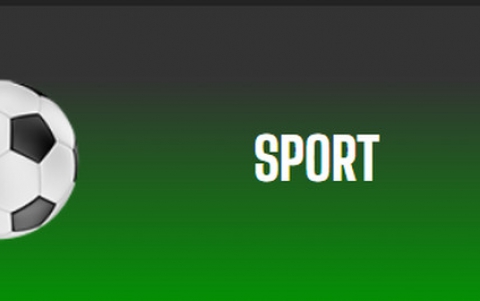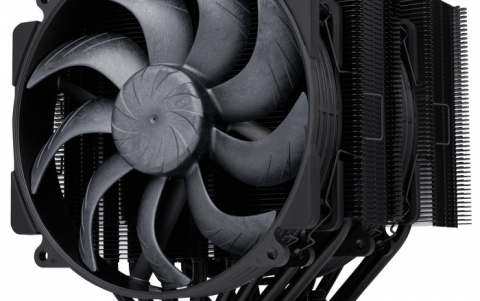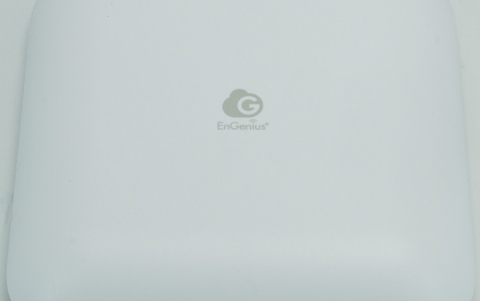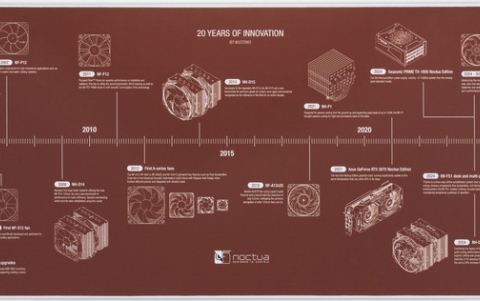GBA FlashLink
1. Introduction
- Introduction:
As you all know, Lik-Sang is probably one of the biggest sponsors of our site. It is an excellent online shop which sells merchandise related to consoles and videogaming. We thought that it would be a good idea if we run some reviews on some of their products. So, we asked and Lik-Sang decided to send us one of the hottest products, the Gameboy Advance Flash Linker and Card.
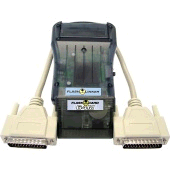 We
know that this product is totally irrelevant with the CD-R business that we
usually deal with. The relationship is there, though. This piece of equipment
enables the user to backup and play a Gameboy Advance cartridge. You can connect
it to the parallel port of your PC, and from there it is able to turn every
GBA game into a nice little file in your hard drive. Also, if you are good in
coding and programming, you can create your own masterpiece intended to run
on the Gameboy Advance hardware, flash it on the Card and playtest it on the
GBA.
We
know that this product is totally irrelevant with the CD-R business that we
usually deal with. The relationship is there, though. This piece of equipment
enables the user to backup and play a Gameboy Advance cartridge. You can connect
it to the parallel port of your PC, and from there it is able to turn every
GBA game into a nice little file in your hard drive. Also, if you are good in
coding and programming, you can create your own masterpiece intended to run
on the Gameboy Advance hardware, flash it on the Card and playtest it on the
GBA.
A few words about handhelds history:
A small part of the videogame business is focused on handhelds, or 'on-the-streets-videogaming' as many people call it. So far only five companies have developed consoles and games of that genre:

| Company | Product |
| Nintendo | Gameboy / Gameboy Color |
| Sega | Game Gear |
| SNK | NeoGeo Pocket / NGPC |
| Bandai | WonderSwan / WSC |
| Atari | Lynx |
Only Nintendo was able to support their product with a huge collection of games. Sega never continued to make an improved GameGear, and only about 300 games were released for this fabulous handheld. The Atari Lynx was considered one of the worst moves the company could make, and it was one of the main reasons of closure. The SNK approach, the NeoGeo Pocket Color, hit the market on the winter of year 2000, and was withdrawn from all shops after only about 8 months of sales. Only the WonderSwan is still alive, but Bandai is a relatively small and unknown company and the titles for it are very few.
As you can see, Nintendo is the big winner here, and they know it. So it was a very good strategy from their part to introduce another promising handheld console, the Gameboy Advance, or GBA in short. It hit the stores on March of 2001, and everyone who owned a Gameboy or Gameboy Color in the past, just couldn't resist the temptation and bought it. Even if its price was very high (about the same as a brand new PSOne), sales were more than satisfactory even during the early first days of its release.

